Welcome
to the SSF Public Library Robotics Program
I designed this robot for you guys to learn the basics of robotics. You will learn skills in many areas of engineering and computer science while you build this robot.
To build the robot, you and other participants will be given a few classes, the parts and tools will be provided during these classes. The classes have pages that use videos, pictures, and interactive activities that you must read before coming to class. If you are unable to come to class, you can still build the robot following the instructions provided in these pages.
Parts and Features of the Robot
- Brain: Arduino Nano, reprogrammable, removable, and can communicate data to a computer
- Two sensors for the floor, allowing the robot to follow lines and detect boundaries
- Two sensors on the sides, allowing the robot to detect objects, chase or avoid objects
- Button and potentiometer inputs, for user interaction
- LEDs that can blink and change brightness, for indication purposes
- Two motors and wheels so the robot can move
- Runs on four AA batteries
- Circuit board and breadboard allows for additional parts to be installed
Classes
Register for the classes, click here, we need you to be registered because we have a limited supply of parts.
Click on the links below to read the class material. Open the same links when you attend the class at the library. You should be using Chrome as your browser if possible.
- 3D CAD Modelling, design the 3D model of the robot's body, and then 3D print it
- Circuit Basics, learn some electronics and how the robot's circuit works
- Robot Assembly, learn soldering, and put the robot together using hand tools
- Arduino Programming, learn how to read, run, and write Arduino code, make the robot do things
- Extra Class: adding parts to the robot , make the robot remote controlled by adding a TV remote control receiver
- Extra Class: rechargable batteries , for when you get sick of buying AAs for your kids
If you plan on attending the classes, please register with the library first, and please fill out my survey (click here). We need to make sure we have enough parts.
Demo Videos
Meta Information
Author: Frank Zhao
My website: http://www.eleccelerator.com/
My email address: 
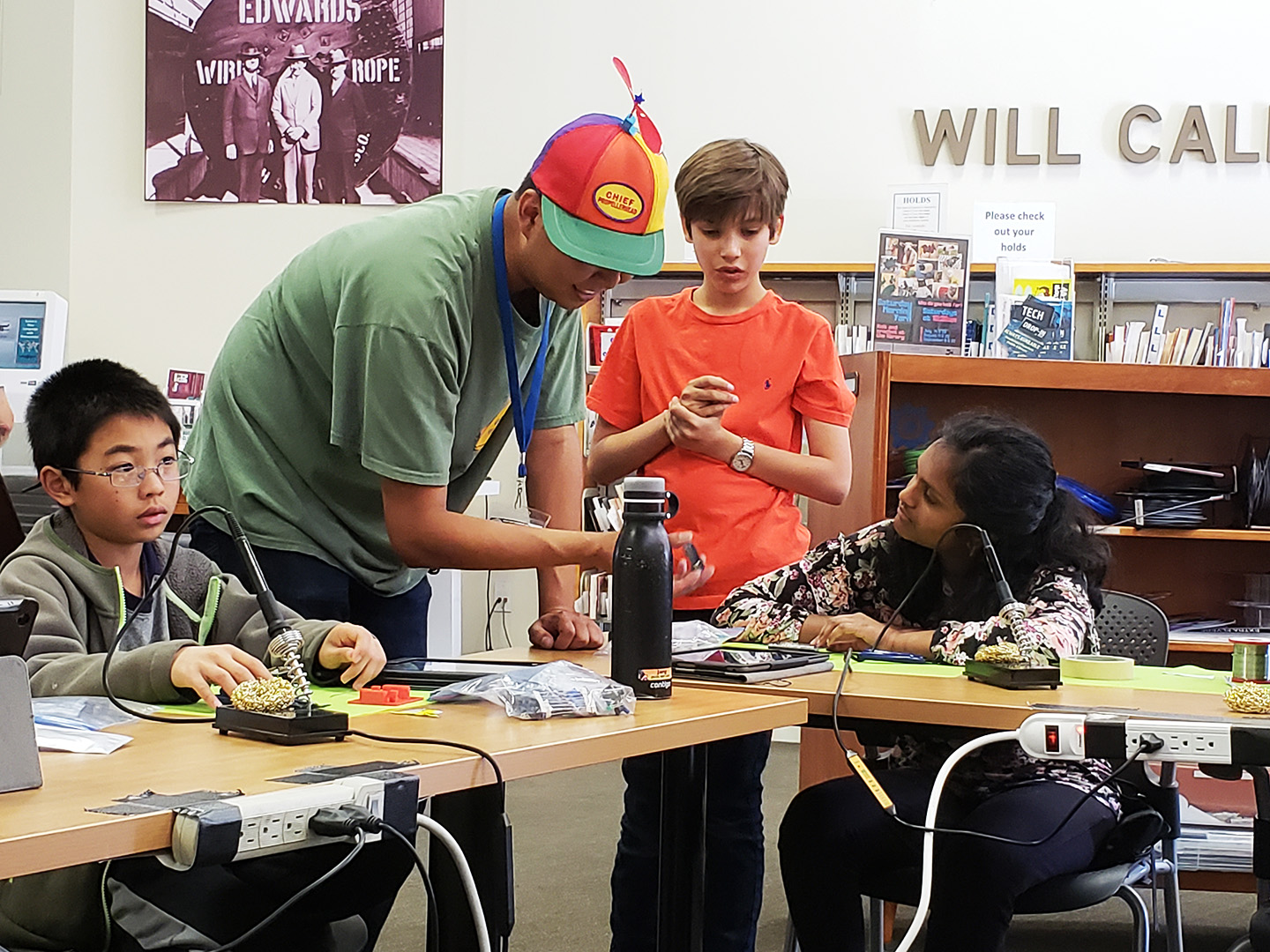
These classes and the robot itself are all open source. All robot design files (CAD models, circuit schematic, PCB layout, source code) and all courseware (HTML pages, images, videos) are all available on my github: https://github.com/frank26080115/SSF-PublicLibrary-Robot2018
Special Thanks: Microchip Technology
A big thanks to Microchip Technology. These guys manufacture the chip in the middle of your Arduino. My professional contacts at their local office generously donated an insane amount of screwdrivers and backpacks. These classes would not have been possible without their help.
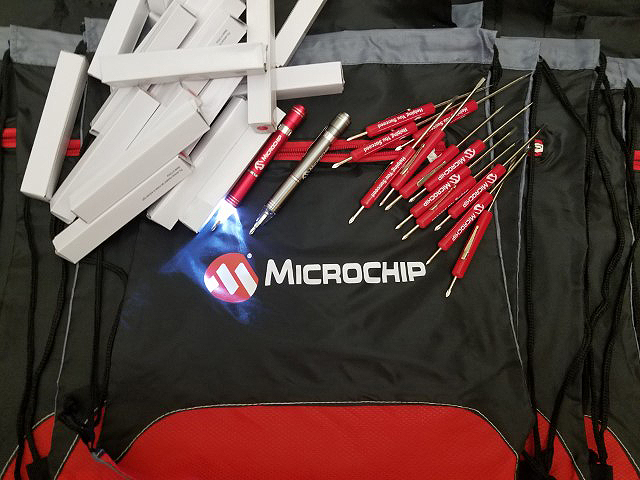
Their kindness will not be forgotten. Personally I thank Microchip for jumpstarting my own path in this hobby and career. Microchip Technology is a huge supporter of STEM programs, I definitely have many of their dev kits simply because they handed them out to me in university. Even when I was a poor highschooler, I got started with their PIC microcontrollers because they were essentially free. I truly believe they are the reason why I am insanely good at writing low-level bare-metal embedded firmware. By the time Arduino Diecimila (the first Arduino with USB) was available, I immediately outgrew the Arduino IDE because of just how far using a PIC has pushed me.
Special Thanks: Adafruit Industries
Adafruit Industries is a founding pillar of the maker movement from the very beginning, and a champion for women engineers and entrepreneurs. Limor "Ladyada" Fried and Phillip Torrone (former senior editor at Make: Magazine, Hackaday, Popular Science, Howtoons) donated all the soldering irons we need that makes these classes possible. These irons are the good stuff, coated tips, adjustable ceramic heaters, fire-proof wiring!
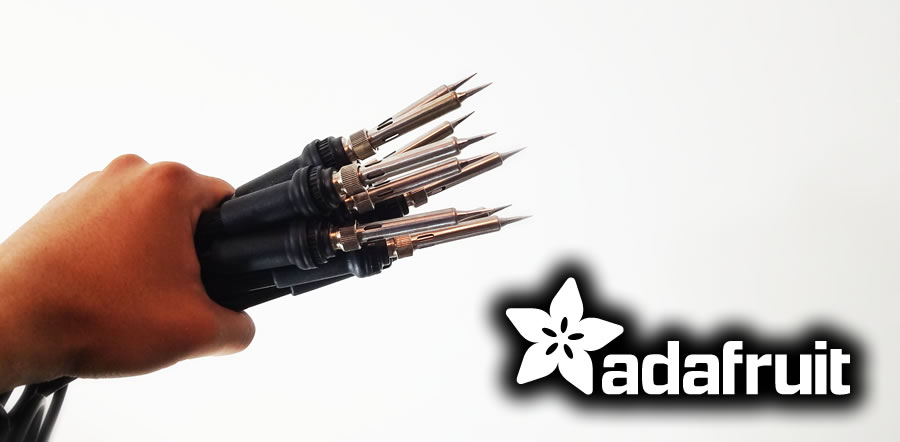
As a huge supporter of STEAM education, Adafruit Industries have written literally thousands of guides and tutorials, along side their amazing collection of products that makes it easy for everyday people to accomplish what used to be impossible. How do I know they are so good? I used to work for Adafruit myself, I wrote some of those tutorials and designed some of those products. Even today my real job's engineering department use their stuff regularly, their breakout boards are just so convenient for quick prototypes. Everything is manufactured proudly on home turf in their New York City office. I recommend all hobbyists to follow their blog, it's a good mix of electronics, 3D printing, art, and other fun news.
Special Thanks: PCBWay
PCBWay is a speedy and cheap PCB manufacturer and electronics assembly company. They generously provided us with multi-colour PCBs for free, so your robots can be pretty and more unique.
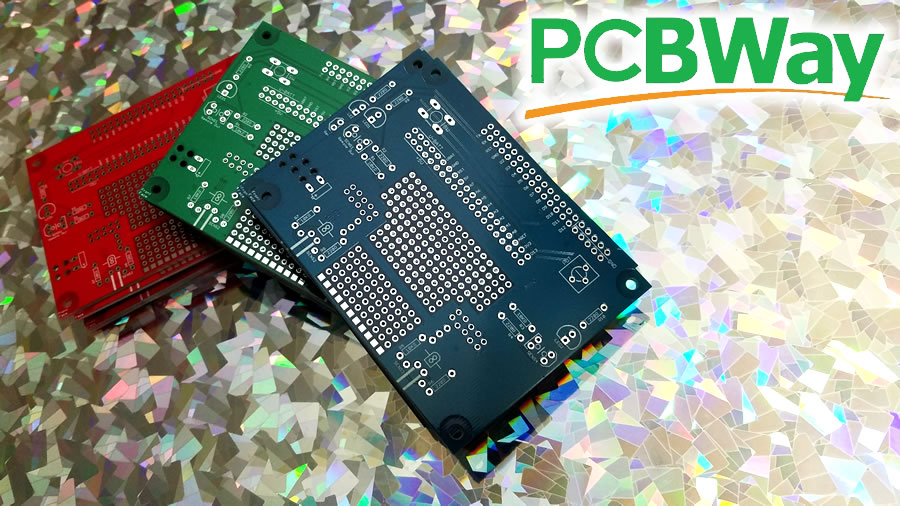
Their service is speedy and at a price that was unheard of before the maker movement took off, making it more accessible to hobbyists and students, allowing the little guys to keep up with the big tech companies. PCBWay also do a lot of community outreach to hobbyists and student teams, hosting contests and offering sponsorships.
Their PCBs are pretty high quality, there's nothing to complain about. Great looking silkscreen. Soldermask and drills are on point. Edges are milled clean. No splatter with the plating. No hassle using their website to order. Each one of our robot PCBs would cost roughly $3.50 each including shipping, and take one week from time-of-order to your doorstep. Great job PCBWay.
Special Thanks: Silicon Labs
I reached out to people I know at the local Silicon Labs office, and they gave us a big box of goodies to encourage people to participate in STEM programs at our library.
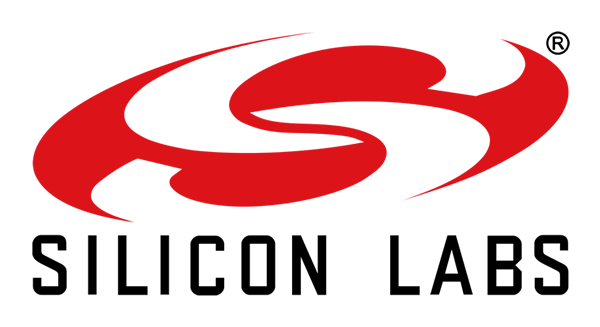
They are a company who manufacture a lot of different microchips, such as the USB interface chips that hobbyists often use to debug the Raspberry Pi and other embedded Linux platforms. If you are into the drone racing hobby, most likely your drone already has four microcontrollers made by Silicon Labs. They've been growing rapidly in the past decade and is currently well known for having unique, high performance, and low power products, as well as legacy products that are solid and dirt cheap.
Special Thanks: Hackaday
Hackaday always have a special place in my life, providing me with constant motivation and keeping me up-to-date on both my hobby and professional life. They are literally the biggest reason why I am working a dream job in sunny California. I think their blog is inspirational to everybody here and so they gave me a pile of stickers to give to my class!
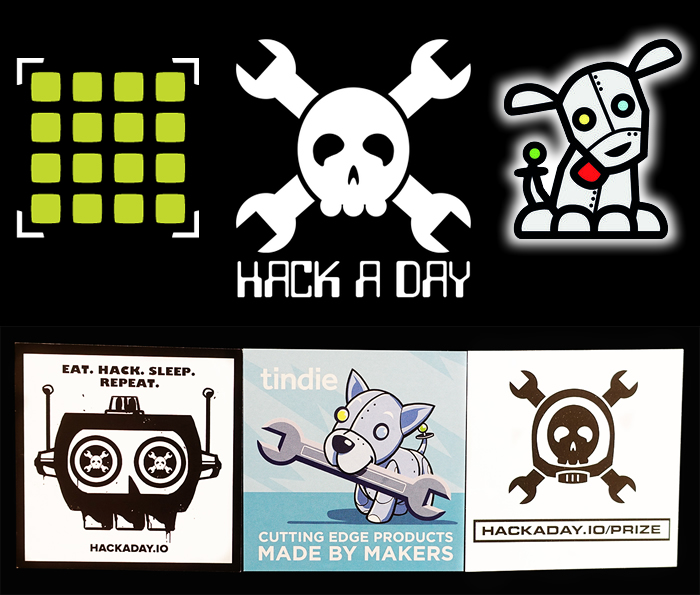
They are the host of an excellent online community at Hackaday.io, hosts awesome events such as the Hackaday SuperConference and their Hackaday Prize, and also they run the beloved Tindie where creative makers and hackers can sell their creations.

